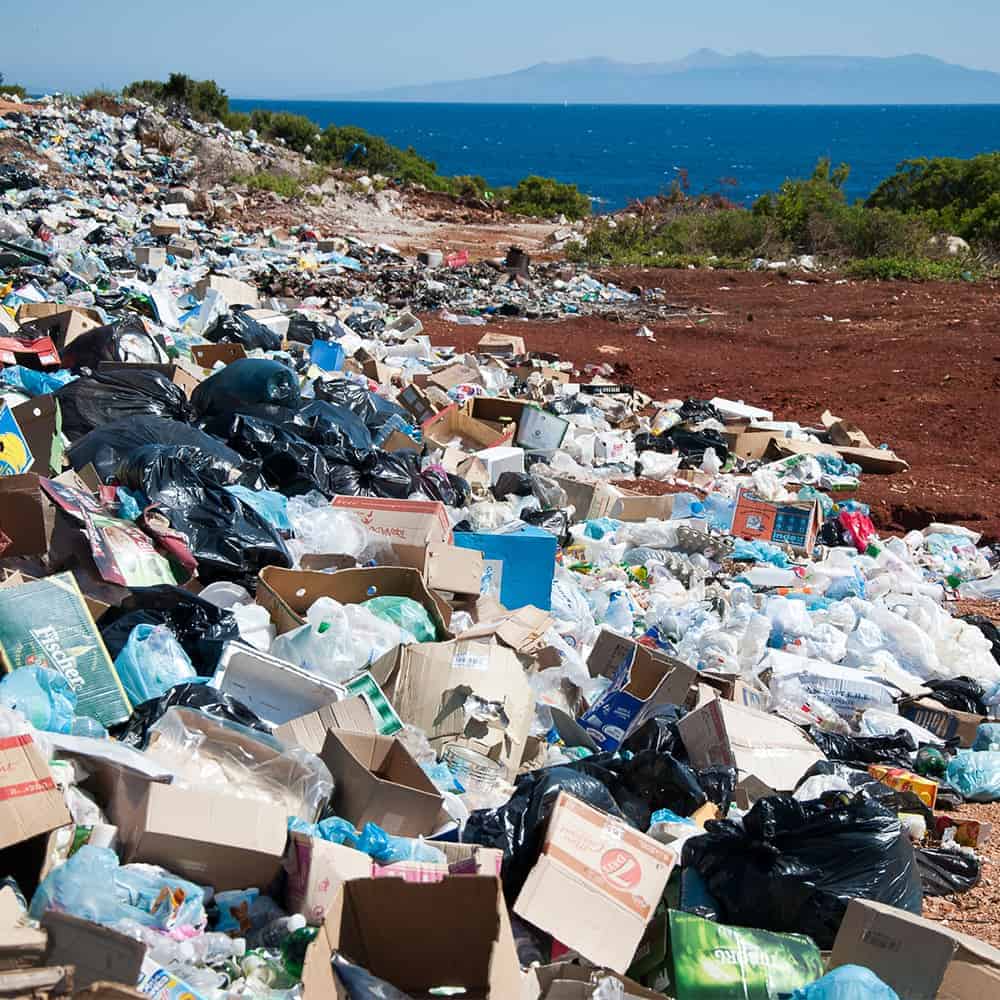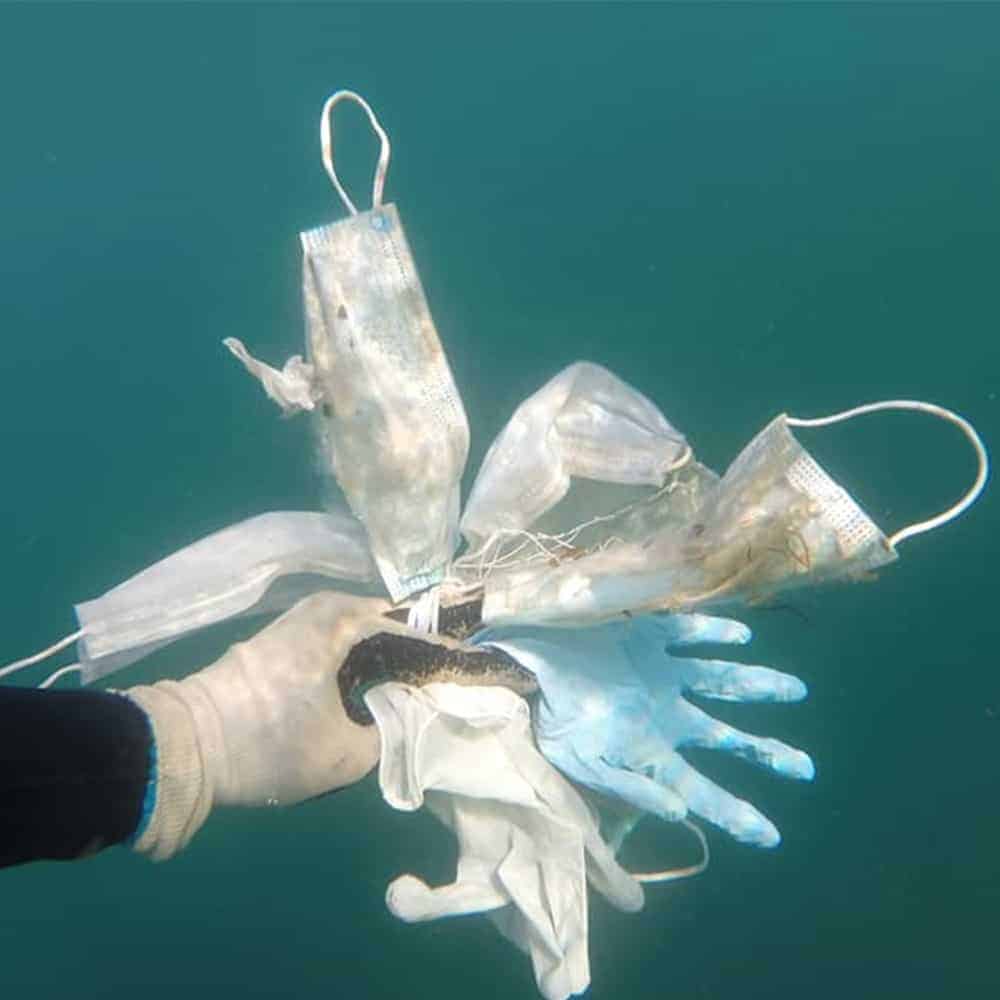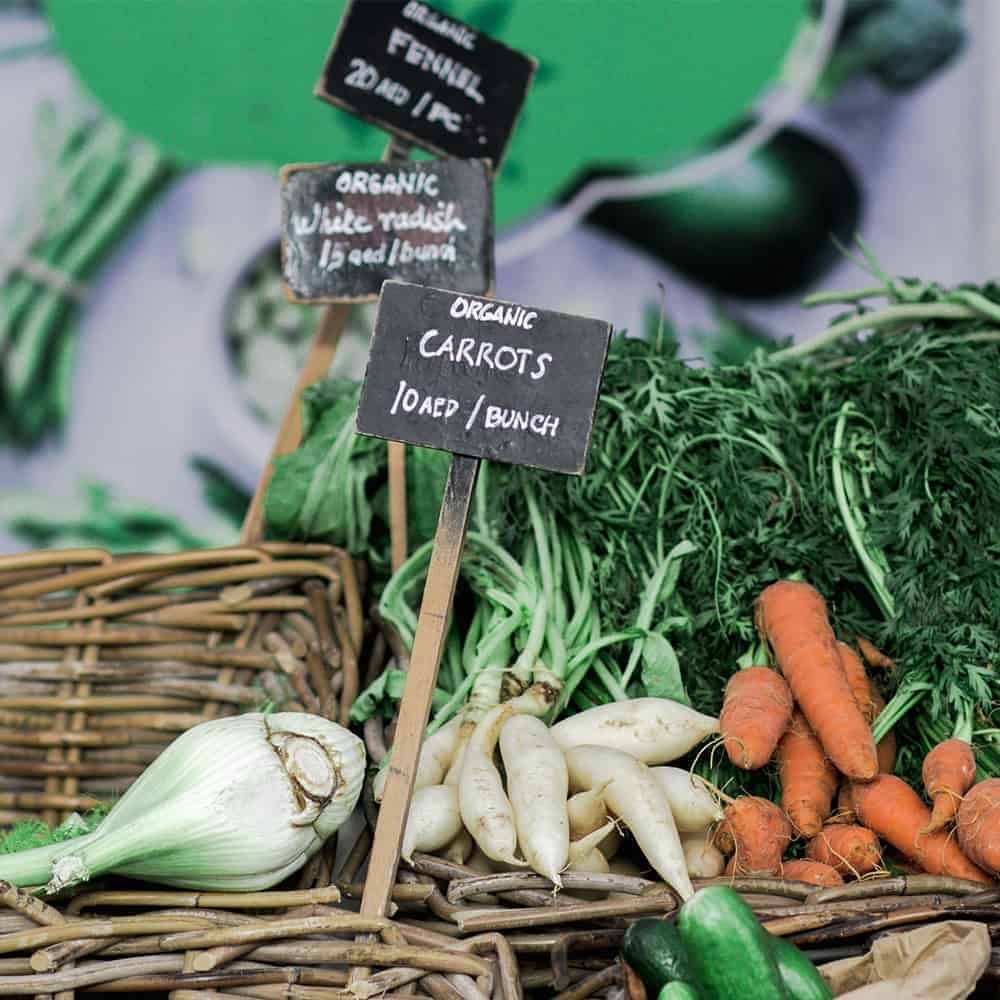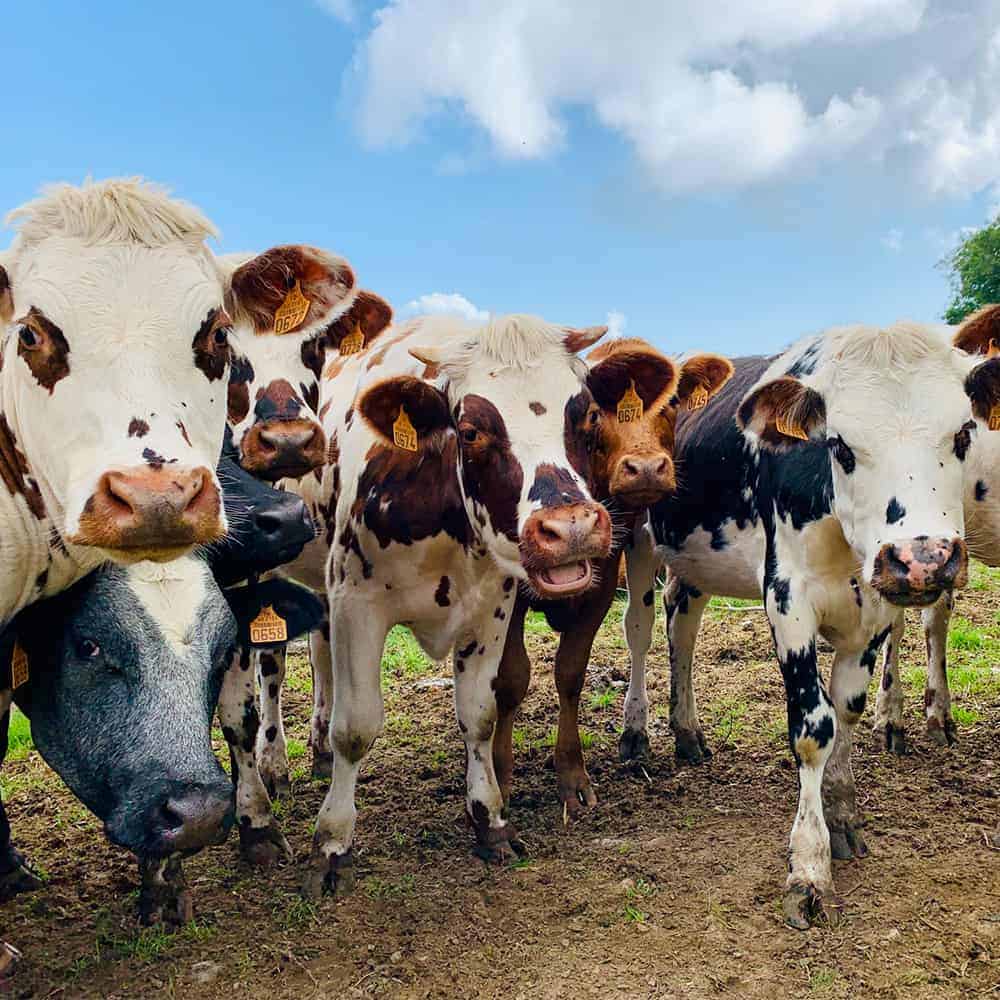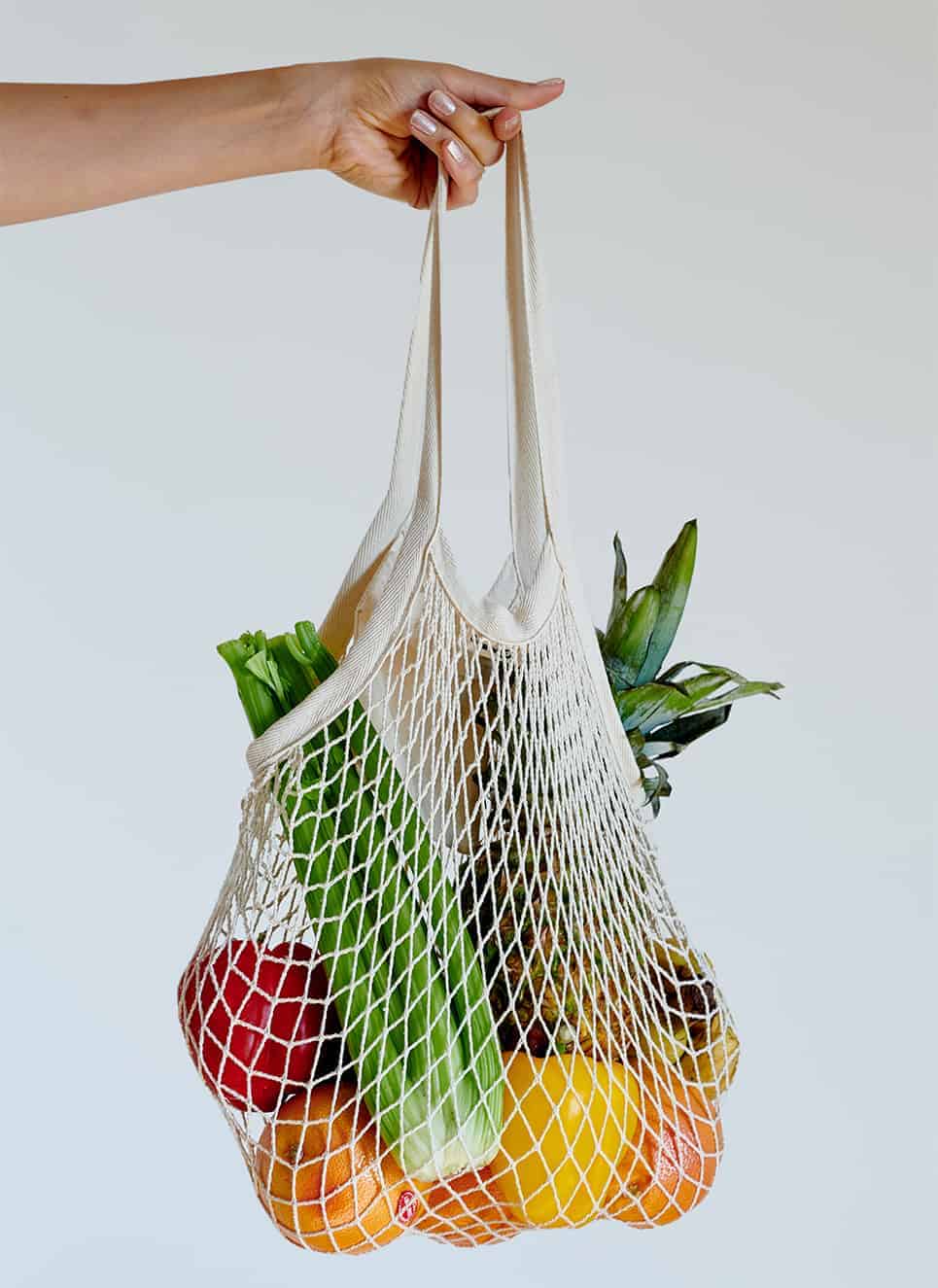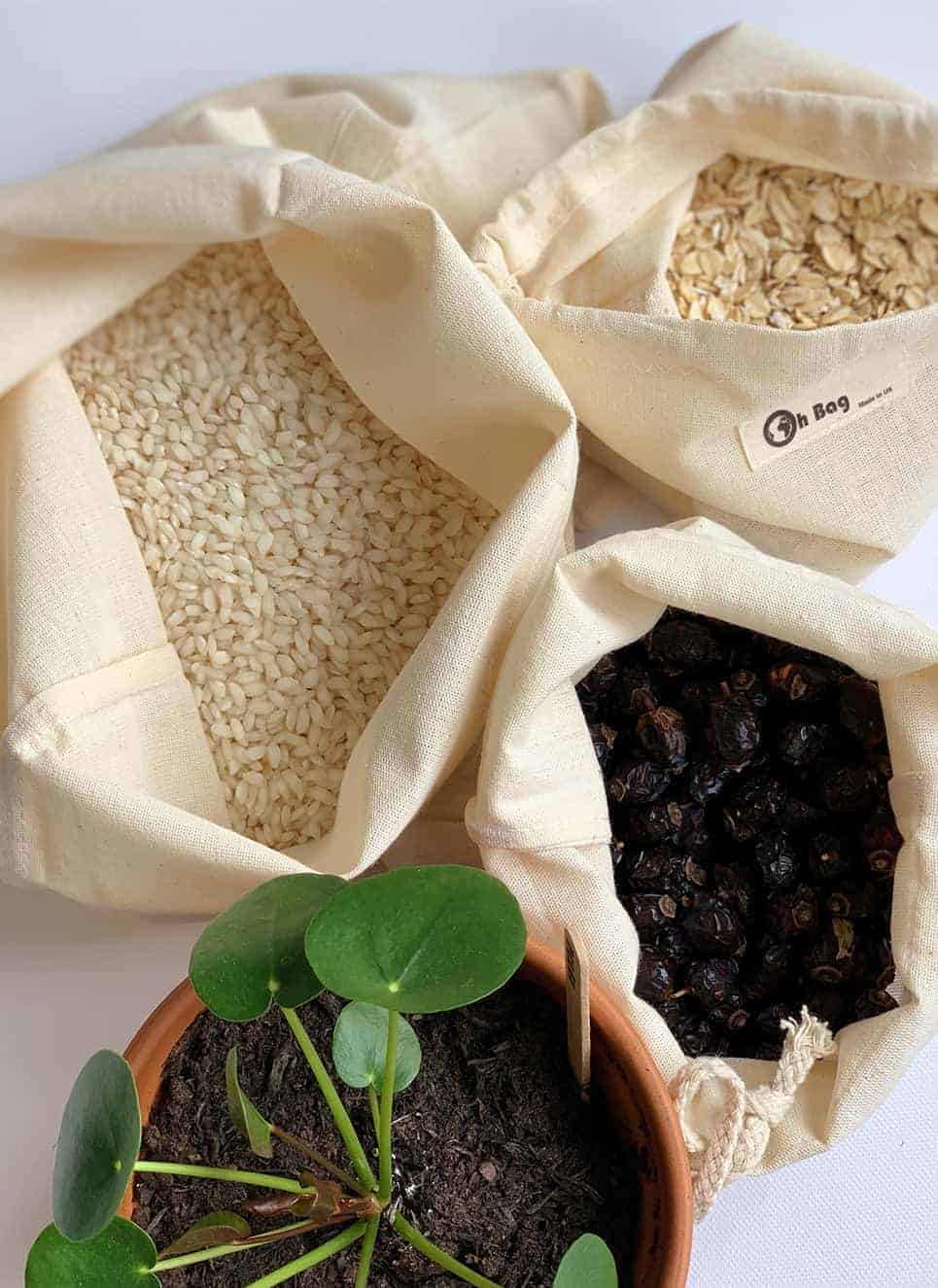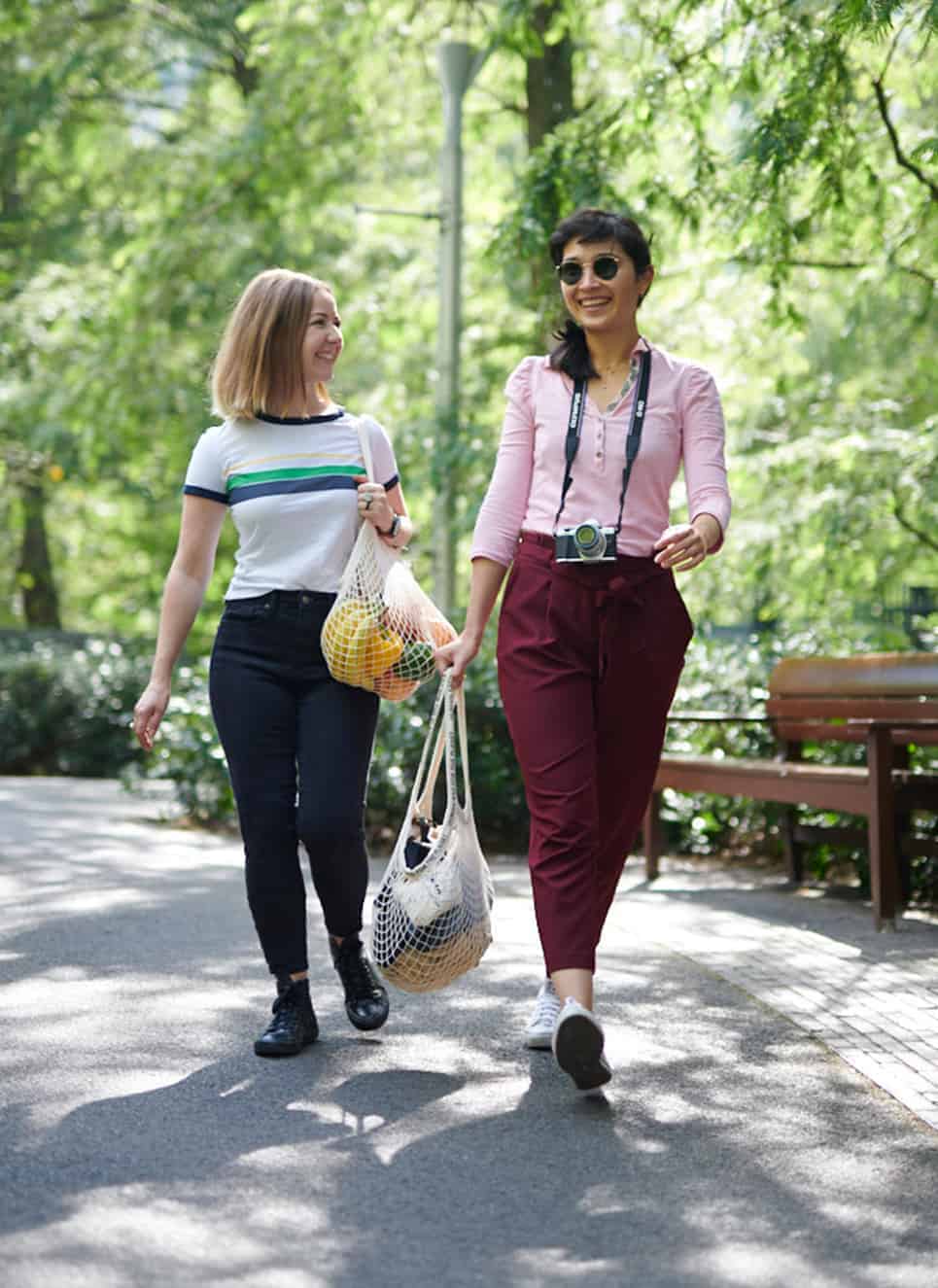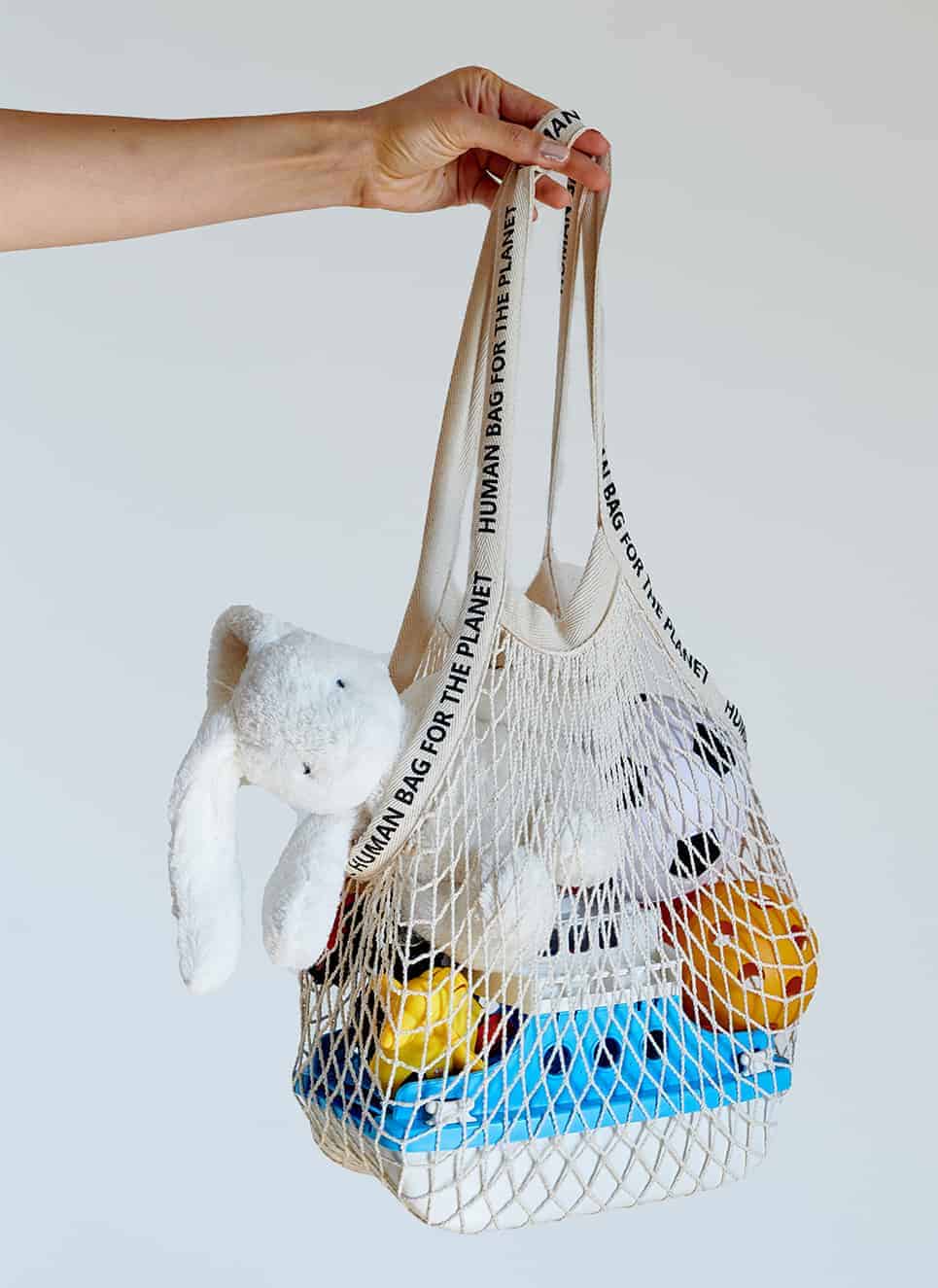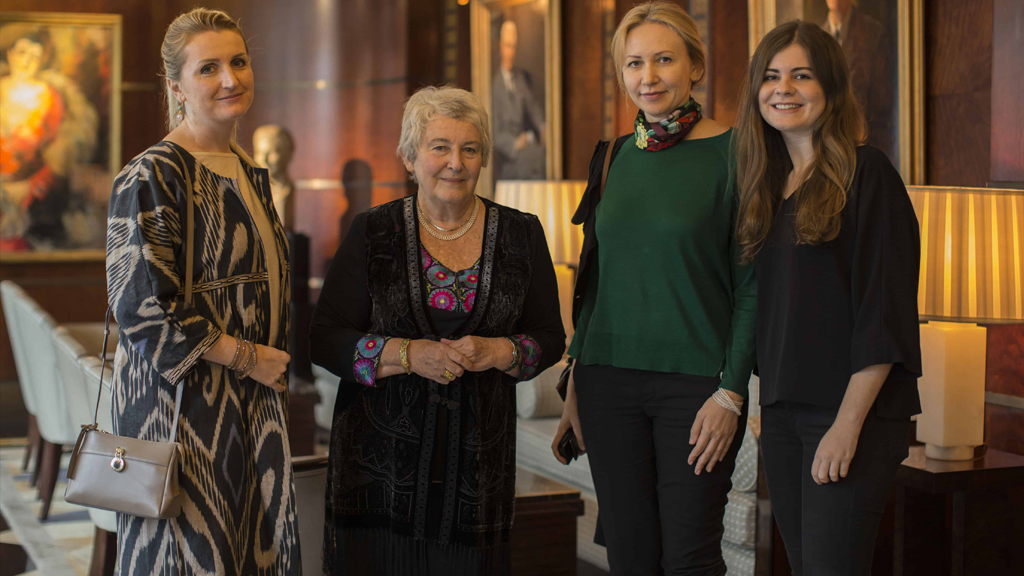
Caring for nature as a way of living
Over the past few years ecological problems have transcended the realm of science and became a feature of our everyday lives. People began developing an eco-conscience, so problems concerned with excessive use of plastic, consumption of non-organic products and destruction of entire eco-systems have become a 21st century staple. Consequentially, there are now countless activists and eco-brands willing to bring about a change. They strive to educate the masses via promoting an eco-friendly lifestyle and explaining what simple actions every single person can commit to in order to help the planet at least a tiny bit. Afisha.London met with a member of the Russian community in London as well as an activist and founder of an eco-brand “Oh Bag” Aziza Rustamova to discuss several pressing ecological issues.
What is threatening our planet?
Strangely, but unsurprisingly, the planet’s true archenemy is us. Not aliens, comets or dinosaurs, but people, who produce plastic and consume disposable cutlery; people, who burn oil for locomotion and cut down trees to make paper boxes. Giant herds of cattle have literally made holes in the ozone layer and caused colossal methane emissions, especially in Australia, as their faeces excrete harmful gasses into the atmosphere.
There is no need to dig deep for more examples, just look at yourself: how often do you buy drinks in paper cups, how much fast fashion do you buy? And this is without mentioning one of the greatest evils of our time – plastic bags. Paper bags, considered the ultimate solution by some, are not much better, since their production makes a large contribution to deforestation.
- Photo: Opération mer propre
According to scientific data, in Atlantic Ocean alone there currently are 12 to 21 million tonnes of plastic waste! Unfortunately, however, if we remove all plastic from the oceans and clean all forests, it will only be a small step towards resolving the ecological crisis. Mankind has to radically change its habits if in a hundred years it wants to still see blue skies and hear birds sing in real life – not on an old record.
About organic food
Even though organic products are now very popular, not everyone understands what ‘organic’ actually stands for. In case of fruits and vegetables, Aziza told us, the difference is that the organic ones were not treated with pesticides and various fertilisers, and, also, they are not GMO (genetically modified organisms). Therefore, organic produce is safer than non-organic. However, one should note that organic products still do contain pesticides, even though the concentration is very low. Usually, the reason is that at times organic farmers have no choice but to buy land that has been treated with fertilisers for decades, and to fully cleanse itself land needs quite a long time.
“Just imagine what non-free-range meat is: it is meat of animals that spent all their life in a negative atmosphere – they were huddled, kicked and held in dark cages, where they could not move. Therefore, you eat the meat of a scared animal that was incredibly tired and irritated by the time of its slaughter.”
When it comes to animal products – dairy, eggs and meat, the situation is practically identical. If meat is organic, tells Aziza, it means that the animal was not fed hormones, antibiotics and corn-based foods (it is generally agreed that corn production is tied to GMO). A significant fact is that animals grown for non-organic meat usually spend their entire life in cages, which means that they are not free-range. Free-range animals are such that have enough space for a comfortable life and that are not held in stuffy cages, in which they can barely fit. However, bear in mind that ‘organic’ does not equal ‘free-range’: one label does not automatically imply the other.
About the fashion industry
The fashion industry is one of the biggest polluters in the world: rubbish dumps all over the world are full of discarded clothes. Tremendous amounts of fast fashion items (extremely low-quality items, which follow short-lived trends and are sold as ‘disposable’) end up in the bin after one use due to their low-quality and because they quickly get out of fashion. Everyone not indifferent to ecology should consider refraining from purchasing items from such brands. Firstly, it is not fair-trade – these clothes are made almost for free, such production is a modern analogue of slavery. Secondly, such manufacturers use the cheapest raw materials, which are treated with unknown chemicals during production. The most eco-friendly option is buying vintage, however, if that is not for you, it is better to turn to a more expensive but high-quality brand. Unlike their cheap alternatives, such items last for a long a time. Moreover, people tend to treat them with more respect.
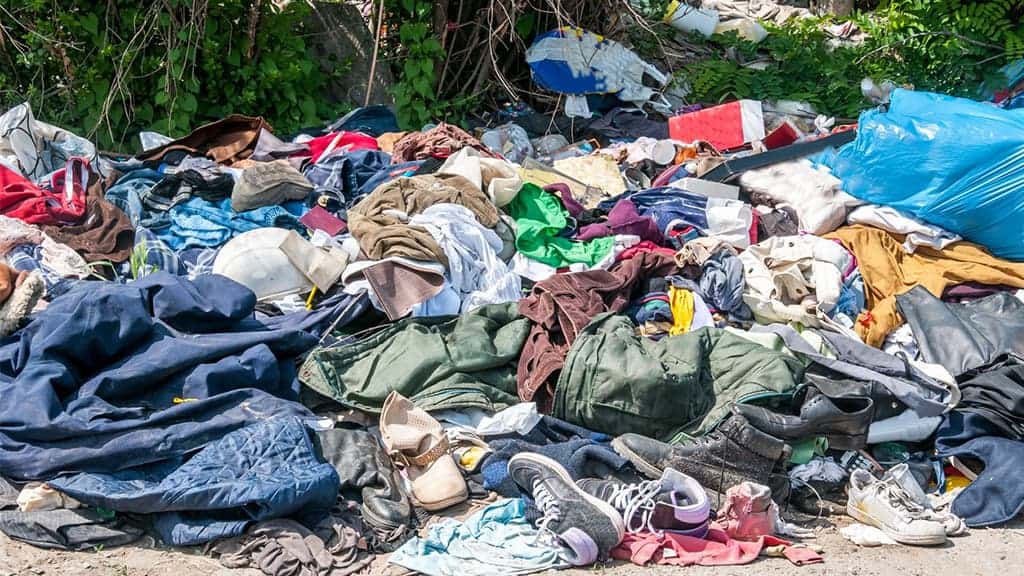
Photo: Srdjanns74/Getty Images
Begin with yourself: eco-rules for every day
In fact, anyone can help the planet. “There is only one rule: start acting yourself and share your experience and knowledge with others. How? Via using your own example show what you do and explain how you do it to everyone around you”, – urges Aziza. Let’s take a look at a list of simple actions that anyone can follow and in doing so support the ecology:
1. Do not buy, or take for free, plastic bags and bottles. Plastic bags can be swapped for multi-use bags made from natural materials, while plastic bottles can be replaced with stainless steel ones and thermoses.
2. Do not buy cheap clothes and begin investing in good-quality items, which will serve you for many years. Do not follow fleeting trends, but create your own style that will always remain relevant.
3. Say no to plastic straws. They cannot be recycled and end up in the stomachs and noses of marine animals. According to National Geographic, around 8.3 billion plastic straws are currently polluting the planet’s oceans and beaches.
4. Support sustainable brands, for their products are clean, ecological and safe for the environment and ourselves. Sustainable brands practice a multipurpose approach to solving the problem of ecology.
5. Walk more and use bicycles and scooters.
6. Switch all light bulbs to energy saving ones.
7. Do not print unnecessary materials and try to buy electronic books instead of the paper ones.
8. Go to zero waste stores, to farmers’ and sustainable markets.
9. Carry multi-use shoppers, produce bags and reusable bottles. Try to carry a special cup for your favourite beverage (for example, a KeepCup).
10. And, of course, buy a reasonable amount of groceries to make sure that no food ends up in the rubbish bin.
- String bag “Oh Bag”
- Produce bags “Oh Bag”
“90% of the items that I buy are organic and eco-friendly. For instance, I try not to buy napkins and to use easily washable cotton cloths instead. When I go grocery shopping, I always take my multi-use bags: a main shopping bag and little produce bags made of cloth, which are used for fruits and vegetables sold by weight. Of course, sometimes I transgress and buy something in a plastic package, but when I do so, I always check whether the product is organic and the plastic is recyclable.”
Following these rules is not particularly difficult, you just really need to want to move in the right direction. Also, do not forget to share your conscious behaviour with children in order to teach them to respect our planet and to take care of its beauty and health from an early age. Aziza has been following these principles for quite some time: ecology for her is a lifestyle. This consciousness of hers became a backdrop for the creation of her brand “Oh Bag”, which has helping the planet as its main goal.
The story behind “Oh Bag”
Aziza came up with the idea to create her own brand when she was already living in London. After once upon a time she ended up at her husband’s conference on plastic pollution, Aziza immediately started thinking about the concept of her own company. Her education and previous experience helped Aziza make such a quick decision to build a new brand: after leaving her hometown Tashkent and studying in the Moscow Architectural Institute, Aziza obtained a master’s degree in Milan. It was during her studies in Italy when she developed an interest in sustainability and immersed herself into the topic of ecology.
“I decided overnight that I need to launch a brand, which would provide customers with a beautiful product that is nice to carry around and is useful, safe for nature and long-lasting. At the same time, I did not want to create anything innovative.”
The idea to make string bags appeared rather seamlessly, since they are a practical, multifunctional and an eco-friendly product. At the time, it was really hard to get one in the UK, so Aziza decided to bring string bags, or avoski, to England.

Aziza Rustamova
A factory in China vs local production
To some it might come as a shock that organic, sustainable and fair-trade string bags “Oh Bag” are in fact made not in some local English village, but in China. As a matter of fact, there is nothing criminal about it. The most important thing one must do when choosing a manufacturer is to conduct a thorough research. This way production in almost any part of the world can be made sustainable, which is why it is wrong to jump to conclusions when a product is labelled ‘made in China’. Aziza found a manufacturer, with whom she managed to make an advantageous deal, that met all of her eco-requirements. Local production was not an option, for the realities of production in the UK are such that each string bag would have to be sold for about £50: rent and labour in England are very expensive, which creates an impossible environment for small start-ups.
- Aziza with a friend and string bags “Oh Bag”
The factory where “Oh Bag” products are made is located near a cotton plantation that supplies the production with raw material. This allows to minimise transportation, which saves money and is an eco-solution. Also, Aziza found out that China, unlike India or Bangladesh, for example, takes responsibility for its workforce. Aziza has the opportunity to monitor the quality of working conditions in the factory to make sure that “Oh Bag” string bags are high-quality fair-trade products.
The biggest challenge is transporting finished goods to the UK. The fact that the “Oh Bag” products come to England on ships is the most unsustainable aspect of the production. However, if the problem is approached analytically, it becomes clear that the ideal option simply does not exist. If the string bags were produced in the UK, then instead of the products themselves, raw materials would have to be transported, because there is no local cotton production in Europe. Therefore, unfortunately, at this stage it is impossible to avoid harmful emissions into the atmosphere during transportation.
Why “Oh Bag”?
“Oh Bag” string bags are a pure product. They are made from natural, unbleached and undyed cotton and are not treated with chemicals. These stylish string bags go with everything and are very versatile. For example, one of the bags has a pocket, into which the bag can fit when folded, and when it is unfolded this pocket is a perfect place for a wallet, keys and a card. The other string bag has an educational design: the brand’s motto “human bag for the planet” is embroidered on its handle. When rolled up, both string bags take up very little space and fit even into a small purse. “Oh Bag” string bags help our planet to feel cleaner.

“I do not produce colourful bags, because their production usually involves toxic chemical dyes, which harm both nature and consumers. I offer bags made from raw materials, which, if desired, can be coloured with natural dyes: into brown with coffee, into green with spinach and into pink with avocado pits. “
Until the end of September, every “Oh Bag” customer is offered a one-year warranty. If you accidentally overload your bag or if it breaks naturally, you can get a new bag for free throughout the year. In general, string bags last at least three years. The only conditions are that they should not be loaded with more than 8 kg or filled with sharp-cornered items that could damage the weaving.
As the saying goes, “every little helps” – the small deeds philosophy can work wonders. Even if just one person starts going shopping with their own bag, this will gradually lead to a decrease in the consumption of plastic bags at a local level and, hopefully, will inspire others to lead a more sustainable lifestyle.
Liya Shapiro
More about “Oh Bag”
Read more and buy on the Website
More from Afisha.London:
SUBSCRIBE
Receive our digest once a week with quality Russian events and articles
